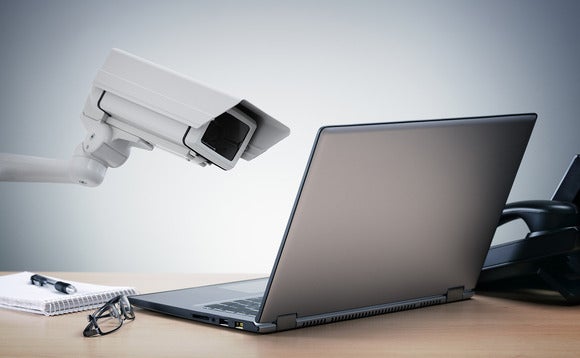UK’s mass surveillance and data collection powers have been ruled illegal

Britain’s mass surveillance powers have been ruled as illegal in their current form, meaning UK law enforcement may be forced to scale back any snooping operations.
The Data Retention and Investigatory Powers Act was found to not adequately restrict law enforcement officers from accessing the personal information of citizens when conducting mass surveillance.
Three judges in the UK’s Court of Appeal ruled that the Act was “inconsistent with EU law” as it lacks safeguards, including “prior review by a court or independent administrative authority”, essentially third-party oversight, reported The Guardian.
Without independent oversight, the Act allowed police and other government organisations to essentially authorise their own snooping operations.
Introduced in 2014, the Data Retention and Investigatory Powers Act effectively paved the way for the Investigatory Powers Act of 2016, commonly referred to at the Snoopers’ Charter, which allows government authorities to conduct clandestine surveillance on the digital communications of British citizens it suspects could be linked to criminal or terrorist activities.
But Data Retention and Investigatory Powers Act came under fire from Labour’s deputy leader Tom Watson and human rights campaign group Liberty which acted upon Watson’s behalf and brought a case against the Act.
The crux of the case and the judges’ ruling was that the Act allowed the data of British citizens to be harvested without necessarily being used for tackling serious crime and threats to national security.
“Yet again a UK court has ruled the government’s extreme mass surveillance regime unlawful. This judgment tells ministers in crystal clear terms that they are breaching the public’s human rights. The latest incarnation of the Snoopers’ Charter, the Investigatory Powers Act, must be changed,” said Martha Spurrier, Liberty’s director.
“No politician is above the law. When will the government stop bartering with judges and start drawing up a surveillance law that upholds our democratic freedoms?”
With this in mind, the government is likely to come under pressure to scale back elements of the Investigatory Powers Act and how the snooping it facilitates is conducted and approved.
Related: Samsung Galaxy S9 release
Would you trade personal privacy for a safer Britain? Have your say on our Facebook page or tweet @TrustedReviews.

